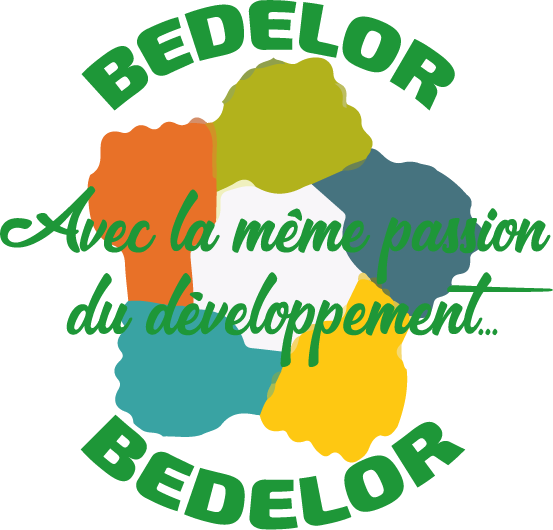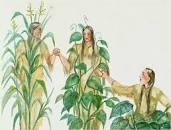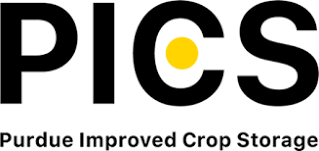Garden of the three sisters
BEDELOR will promote : Advice or Consulting, Studies, Expertise, and capacity building

Overview of the project

The three sisters’ gardening involves planting maize, squash and bean seeds in a mound of earth. The three plants work in symbiosis. The beans provide nitrogen to the soil, the maize acts as a trellis for the beans and the squash protects both plants from invasive weeds and pests. The plants work together to help grow a bountiful harvest. This is how the Amerindians once ensured their food security.
Here’s a Three Sisters Collection kit grown in the United States and containing a bag of sweet corn, squash and white beans. They cost $9.99 each in the USA. https://survivalgardenseeds.com/collections/beans-for-planting/products/three-sisters-seed-collection-corn-squash-beans
Here are a few websites describing how Native Americans used this technique to ensure their food security and income.
The Three Sisters: A Lesson in Sustainable Architecture
Growing Native American Heritage: The Three Sisters
https://www.farmproject.org/blog/2016/3/31/growing-native-american-heritage-the-three-sisters
Companion planting is key to food security
The Three Sisters: Maize, beans and squash How to plant a Three Sisters garden
https://www.almanac.com/content/three-sisters-corn-bean-and-squash
Improving food security for small-scale producers in Cameroon thanks to the Three Sisters Garden technology.
Ongoing research
09/12.2023-30/06/2024
-Determine how much the Three Sisters Garden kit could cost in Cameroon;
-Determine whether there is a market for the Three Sisters Garden kits;
-Determine the increase in income for small producers;
-Impact 4000 women and young people through this project;
-Produce 4000 Three Sisters Garden kits;
-Produce 24,000 PICS bags;
-Cover the 10 regions;
– 1000 hectares of land covered;
– 5000 tonnes of maize produced;
-2000 tonnes of beans produced;
-4000 tonnes of pistachios produced
– Determine the best varieties of sweet corn, green beans and squash to grow.
– Determine whether growing sweet corn and green beans will allow students to earn a lot of money.
– Determine whether squash products keep moisture in the soil.
– Determine whether climbing beans improve the soil.
– Determine whether hand pollination will increase the number of kernels on each ear of corn so that 30% more corn is produced. There won’t be enough maize kernels on the cob if there isn’t enough wind or insects in a given area to pollinate the maize,
– Determine whether hand pollinating squash/watermelon will increase the number of squash/watermelon produced. Squash and watermelon plants will flower.
les fonds sont sollicités auprès de l'ambassade des Etats-Unis et de l'USAID
organisation
BEDELOR will promote the services of : Advice or Consulting, Studies, Expertise, and capacity building; in the following areas: Capacity building, rural activity systems and producer organisation, development education, financing and micro-financing systems, food and nutritional security, sound management of the environment and natural resources, gender approach, governance, decentralisation and local, agro-pastoral development.
In the area of institutional support: with regard to the 2020-2023 triennium, BEDELOR has on several occasions given its opinion on the rural sector development strategy and the national agricultural investment programme (SDSR/PNIA).
in collaboration
MINEPAT-MINADER-University of Tuskegee-Paul Rigterink



